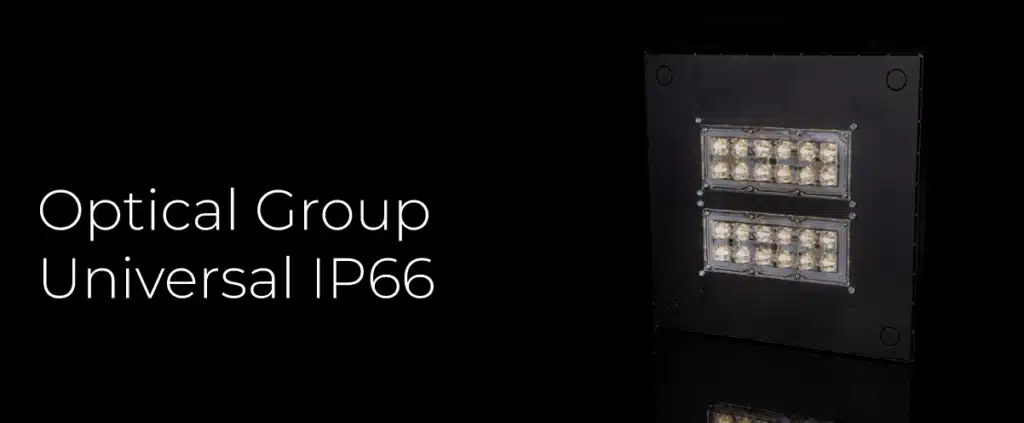IN THE FACE OF RAPID DIGITALIZATION AND THE IMPORTANT TECHNOLOGICAL AND SOCIAL CHANGES THAT ARE CURRENTLY TAKING PLACE, INNOVATION IS BECOMING A KEY ASPECT IN THE DEVELOPMENT OF ANY BUSINESS.
In the business environment, innovation is defined as the development and application of new concepts, ideas or products in order to help increase productivity and competitiveness of the business activity successfully.
It is true that the vast majority of companies are aware that they must keep innovation at the forefront if they want to keep up with the changing pace of the market. In the lighting sector in particular, with the advent of new technologies and concepts such as Smartcities, the pace of change in working models and products is highly rapid.
To carry out an innovation process, companies must take into account the implementation of new processes, ideas or products that boost their results and their business, obtaining benefits such as:
- Being prepared for possible interruptions or changes in demand trends
- Increased efficiency in your processes and services
- Attraction of talent willing to collaborate
- Better brand awareness
Innovation at Prilux
For Prilux, innovation has become a strategic and essential part of the future. We have a multidisciplinary team that is passionate about differentiating its products and solutions by exploring new paths through projects with various time horizons.
Aware of the volatility of the market and its rapid evolution, at Prilux we work to adapt the innovative culture with agility, considering it essential to connect internal talent with current and future customers to provide maximum value to society.
When Prilux speaks of innovation, it does so under the idea of connecting the future with the present through different time horizons, thus distinguishing two areas of action:
- Operational world, recognized as H1, where they collect the day-to-day work and the current demand of their customers.
- World of innovation, where it is possible to distinguish two types of horizons: incremental innovation (h2) and transformational innovation (h3).
For the company, it is essential to pursue a strategy that combines the operational world with the world of innovation. Within the actions carried out to generate incremental innovation, there are actions such as internal challenges, agile teams that provide innovative proposals and innovation projects hand in hand with digitalization, AI, blockchain and circular economy.
On the other hand, Prilux directs part of its activity to transformational innovation in order to acquire new knowledge. This work model is considered a transformation process linked to the Agile culture and worked under the SCRUM methodology. We also use this methodology in our development teams to increase our ability to adapt to the environment. Circumstances are becoming more and more volatile and we must have a part of the organization that has this capability, which is absolutely indispensable in this day and age.
Finally, the company’s attitude towards market trends makes it possible to develop proprietary technologies that enable optimal consumption management, improving comfort and economic savings in a sustainable manner.
Lighting has evolved a lot in recent years, especially since LED technology is replacing traditional lighting. The next targets set are focused on achieving sustainable lighting. The future lies in combining sustainable technologies and intelligent networked systems to achieve energy savings of up to 70%, reduce the carbon footprint and contribute to the environment.
Intelligent lighting goes beyond the mere act of illuminating. Nowadays we can adapt the light to the needs of the space and the activity to be carried out both indoors and outdoors. This improves the productivity, health and well-being of users.









